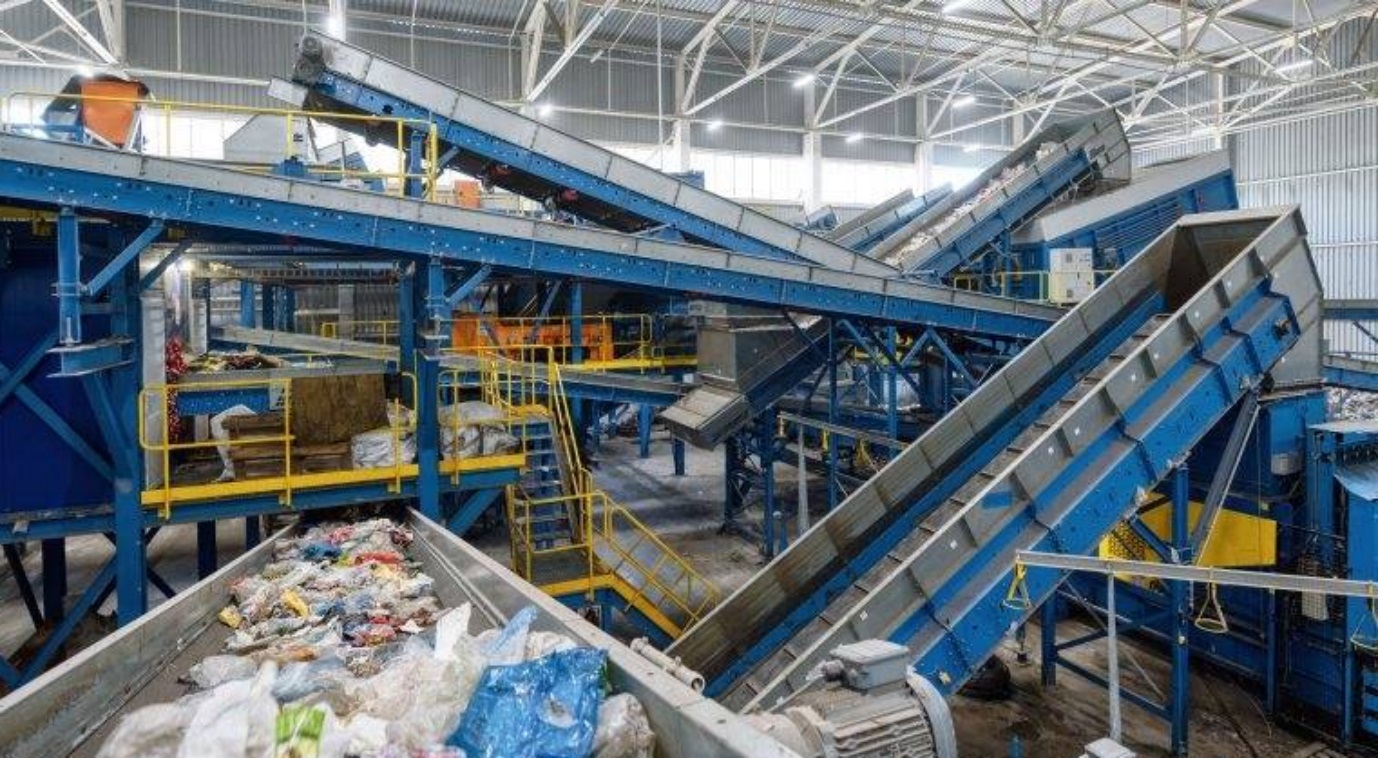
As early as May 2019, the European Union proposed a Green New Deal to achieve the carbon neutrality targets set by the EU Green New Deal, while developing the EU into a fair, prosperous and sustainably competitive economy, and the circular economy has become an important cornerstone of achieving this goal. Since March this year, the EU has advanced legislation aimed at accelerating the development of a circular economy, while calling for more policy support to reduce waste and increase recycling.
Why should Europe accelerate the development of a circular economy? What is the context in which it was proposed?
On the one hand, with the sharp increase in global resource consumption, resource shortage and environmental problems are increasingly prominent, circular economy as a sustainable development model, has been widely concerned. The EU has recognised the importance of moving towards a circular economy, which means moving away from traditional "linear" production and consumption patterns to more sustainable and environmentally friendly models.
On the other hand, with the intensification of global climate change and environmental problems, Europe is also facing enormous environmental pressure. The circular economy can not only reduce resource consumption and environmental pollution, but also promote sustainable economic development and provide strong support for Europe to achieve carbon neutrality and other goals.
At the policy level, the EU has issued a series of policies and action plans related to the circular economy, aimed at stimulating Europe's transition from a linear economy to a circular economy, while creating new jobs and ways to promote sustainable growth. These policies have provided a strong guarantee and promotion for the development of circular economy.
However, Europe's circular economy goal is unlikely to be achieved on time. The EU generates more than 2 billion tons of waste each year, most of which is not fully recycled through landfills and incineration. Therefore, Europe does face many challenges in accelerating the development of circular economy, and there is a long way to go.
First, although Europe has recognized the importance of a circular economy and has made some positive progress, it is still some way from achieving the goals it has set. Many circular economy policies are still relatively new and have not yet been fully implemented at the national level. It will take time for the effects of these policies to trickle down into business and consumption patterns and ultimately change the way we use resources.
Second, the European economy has experienced a number of challenges in recent years, including energy import dependence, geopolitical security concerns, and inflation. These economic problems may cause certain constraints to the promotion and implementation of circular economy. For example, the persistence of inflationary pressures could lead businesses and consumers to invest less in environmental and recycling technologies.
In addition, the development of circular economy also needs to face the challenges of technology, capital, public awareness and other aspects. For example, more efficient recycling and reuse technologies need to be developed and promoted, substantial investments are needed to support circular economy infrastructure, and public awareness and acceptance of the circular economy needs to be increased through education and advocacy.
In general, accelerating the development of circular economy in Europe is indeed a long-term and complex process, which requires the joint efforts of governments, enterprises, society and other parties. Despite the many challenges, it is hoped that Europe will make greater progress in the circular economy through sustained policy promotion, technological innovation and public participation.

报告显示,中国电力投资加速增长,预计2024年电网基建投资将超过5300亿元。
近日,市场迎来了一则引人注目的消息:工业巨头3M公司(MMM.N)在本周五公布了其季度业绩报告,随后股价飙升至近两年来的
最近,外媒给OpenAI算了笔账,今年可能要血亏50亿美元。
近日,巴黎奥运会和世界铁人三项协会联合发布了一项重大决定,宣布因塞纳河水质污染问题,原定于近期进行的奥运会铁人三项首次下
当地时间7月18日,法国巴黎发生了一起令人震惊的持刀袭警事件。
近期,一则重大消息在国际舞台上引起轩然大波,马来西亚宣布加入金砖国家。
调查发现,互联网和智能手机的使用干扰了韩国近五分之一学生的生活。